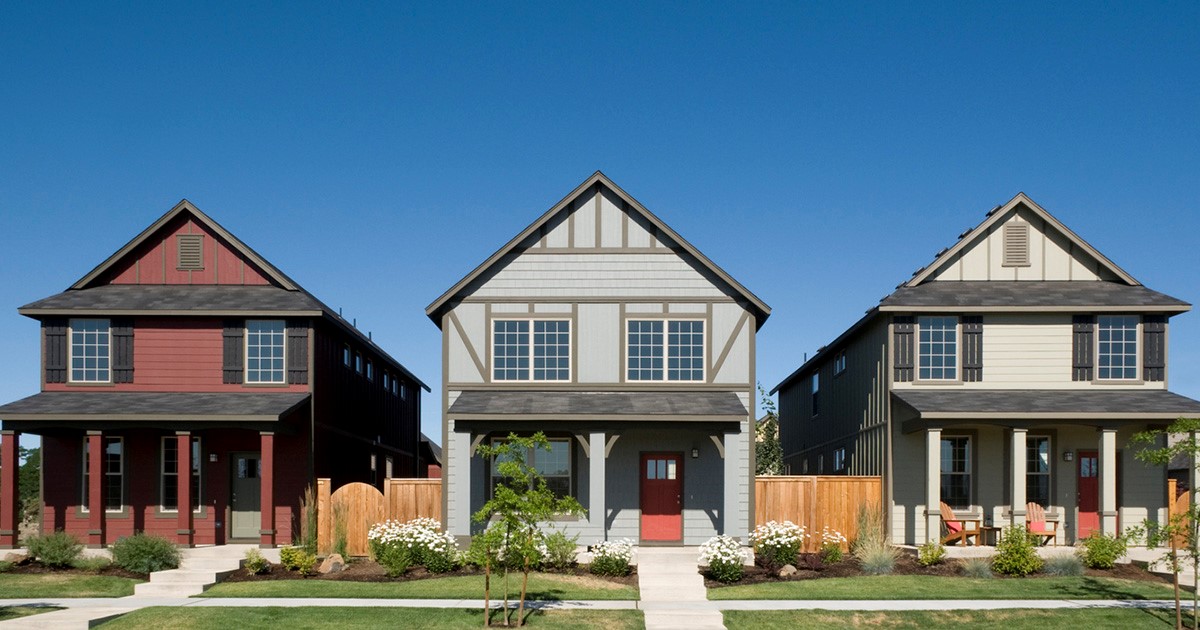What Kind of Properties Are These?

It is the way the property is used that determines the type of property it is, not what it looks like. Based on the intent of the owner, the property could be a principal residence, income property, investment property or dealer property.
A principal residence is a home that a person lives in. There can be only one declared principal residence. It is afforded certain benefits like deducting the interest and property taxes on a taxpayers' itemized deductions, up to limits. Up to $250,000 of gain for a single taxpayer and up to $500,000 for a married couple filing jointly can be excluded from income if the property is owned and used as a principal residence for two out of the previous five years.
An income property is an improved property that is rented for more than 12 months. The improvements can be depreciated based on a 27.5-year life for residential property or 39-years for commercial property. This is a non-cash deduction that shelters income. When the property is sold, the cost recovery is recaptured at a 25% tax rate.
An investment property could be an improved property or vacant land that does not produce income and is not eligible for depreciation or cost recovery. The gain on both income and investment properties are taxed at a lower, long-term capital gain rate and are eligible for a tax deferred exchange.
Second homes are properties that a taxpayer primarily uses for personal enjoyment but is not their principal residence. For IRS purposes, it is treated as an investment property in that the gain is taxed at preferential long-term rates if it is held for more than 12 months. However, it is not eligible for exchanges because personal use properties are excluded from that benefit.
Properties that are built or bought to make a profit are considered inventory and are labeled dealer properties. The gain is taxed at ordinary income rates and they are not eligible for section 1031 deferred exchanges.
The financing available differs considerably based on the intent of the owner which determines the type of property. Owner-occupied homes, used as a principal residence, are eligible for low down payment mortgages like VA, FHA, USDA and conventional ranging from nothing down to 20%.
A second home, in most cases, requires a minimum of 10% down payment. Investment and Income properties, generally, require 20% or more in down payment with some possible exceptions. There is not any long-term financing available for dealer property.




